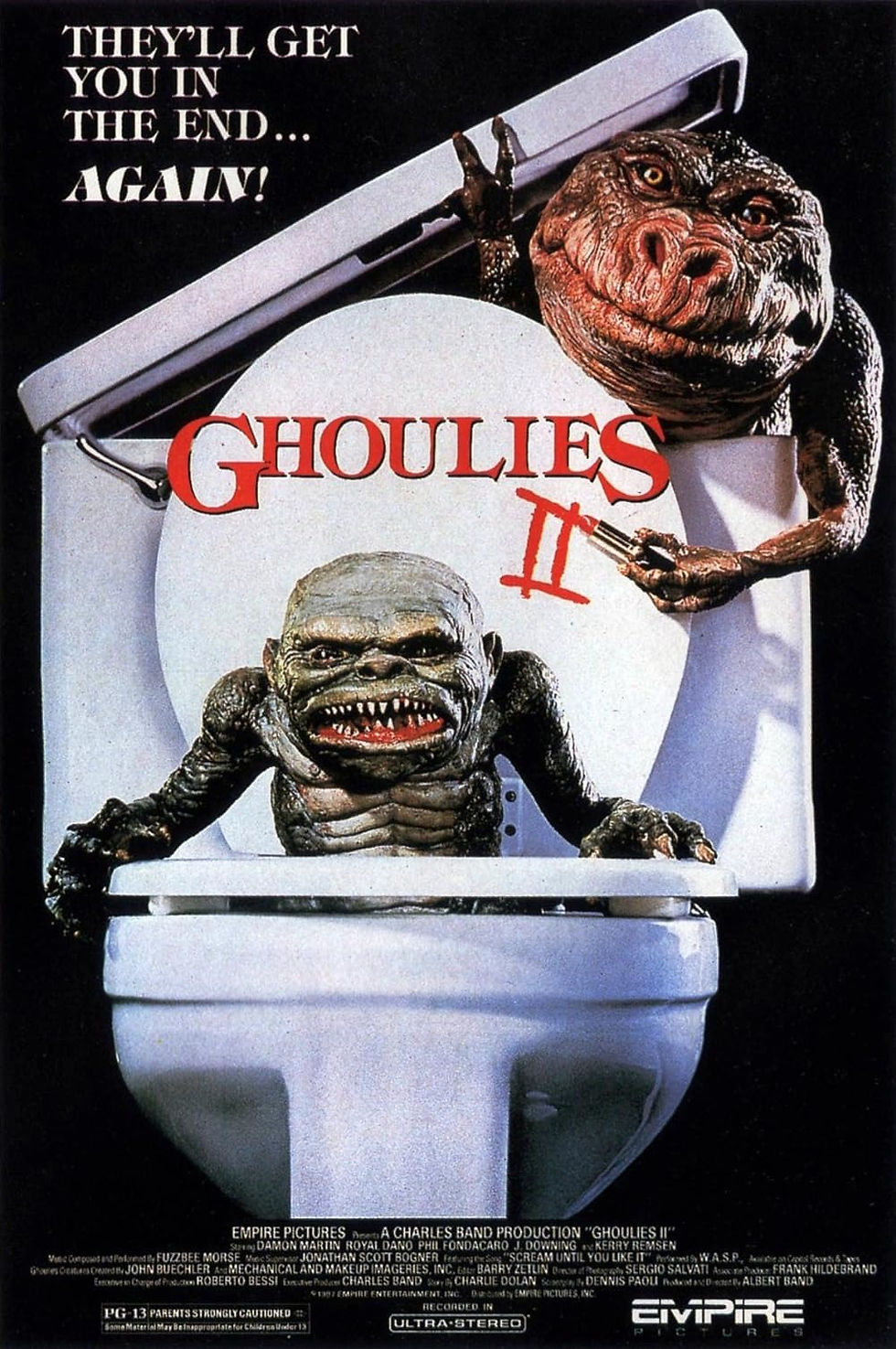David Cronenberg: Master of Body Horror and Twisted Visions
- Allan Major

- May 22, 2024
- 2 min read

David Cronenberg isn't interested in conventional horror tropes. His terrors aren't supernatural; they are chillingly biological, monstrous transformations born not from ancient curses but from the insidious corruption of our own flesh. He's a visionary explorer of the macabre, a cinematic poet delving into the profound anxieties we harbor about our bodies, technology, and the very essence of our being.
Master of Body Horror: When Flesh Becomes Nightmare
Cronenberg is synonymous with body horror. "Shivers," "Rabid," and "The Brood" confront us with parasites, mutations, and the horrifying potential of our bodies to betray us. His horrors are not mere shock value; they are potent metaphors exploring deep-seated anxieties about disease, loss of control, and the fragility of our identities.

Grotesque Transformations and Haunting Humanity
In Cronenberg's world, flesh melts, melds, and morphs into grotesque new forms. "Videodrome" prophesied the insidious fusion of man and technology, while "The Fly" is a heartbreaking tragedy of scientific hubris, wrapped in a gruesome monster movie. Yet, his monsters are never devoid of humanity; they become tragic figures, embodying our own deepest fears about the potential for decay within our seemingly stable forms.
Beyond the Flesh: Psychological Horrors and the Unknowable
Cronenberg's later work delves further into the horrors of the mind. "Dead Ringers" dissects the twisted relationship of twin gynecologists, a chilling exploration of fractured identity. "Naked Lunch" transforms William S. Burroughs's unfilmable novel into a hallucinogenic dreamscape. "Crash" is a disturbingly cold study of the grotesque intersection of sex, violence, and the endless human desire for transformation, however harmful.

The Cronenberg Touch: Clinical Brutality and Intellectual Provocation
A cold, unflinching eye defines his films. Sterile settings contrast with the visceral horrors they contain. He blends the grotesque with the philosophical, challenging his audience intellectually as much as he disturbs them. Controversial yet undeniable in its artistry, Cronenberg's work proves that true horror lies not in the supernatural, but in the dark distortions possible within the confines of our own biology and psyche.
Legacy: A Cinematic Force for the Disturbingly Profound
David Cronenberg won't lull you with simple scares. His films are unsettling explorations, lingering in the memory as they raise deeply unsettling questions about the limits of technology, the fluidity of our bodies, and the endless capacity for transformation that can lead to both transcendence and monstrous destruction.


